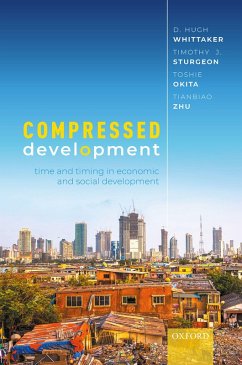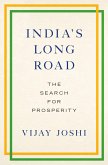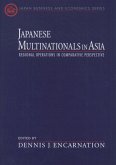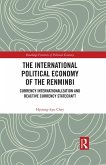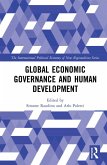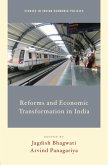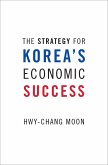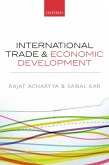This book proposes a new way to approach comparative international development by focusing on time and timing in economic and social development. The UK industrialized over two centuries, and then started to de-industrialize in the late 1960s. Today, the most rapid developers experience aspects of industrialization and de-industrialization simultaneously. It is no longer clear that industrialization offers the path of growth it once did; industrialization has become 'thin.' Demographic and social challenges that earlier developers faced sequentially now come at the same time. Rapid growers experience compression most acutely, but the spatial and temporal fusing of past and present is widespread, affecting high-, middle-, and lower-income countries alike. Timing refers to the differences in historical periods in which development takes place. The geopolitical, institutional and technological environment for countries recently integrated into the global economy has been vastly different from that of the preceding postwar decades of 'embedded liberalism,' although it does contain echoes of the 'first globalization' and 'first financialization' a century ago. The first era of liberalism did not end well, and the second is similarly foundering on the rocks of nationalism and protectionism, as it is being battered by a global pandemic. The authors propose an interdisciplinary conceptual framework based on co-evolving state-market and organization-technology dyads, which will help readers make sense of contemporary development across multiple societies, sectors and geographies, and provide a template for historical comparison.
Dieser Download kann aus rechtlichen Gründen nur mit Rechnungsadresse in A, B, BG, CY, CZ, D, DK, EW, E, FIN, F, GR, HR, H, IRL, I, LT, L, LR, M, NL, PL, P, R, S, SLO, SK ausgeliefert werden.

